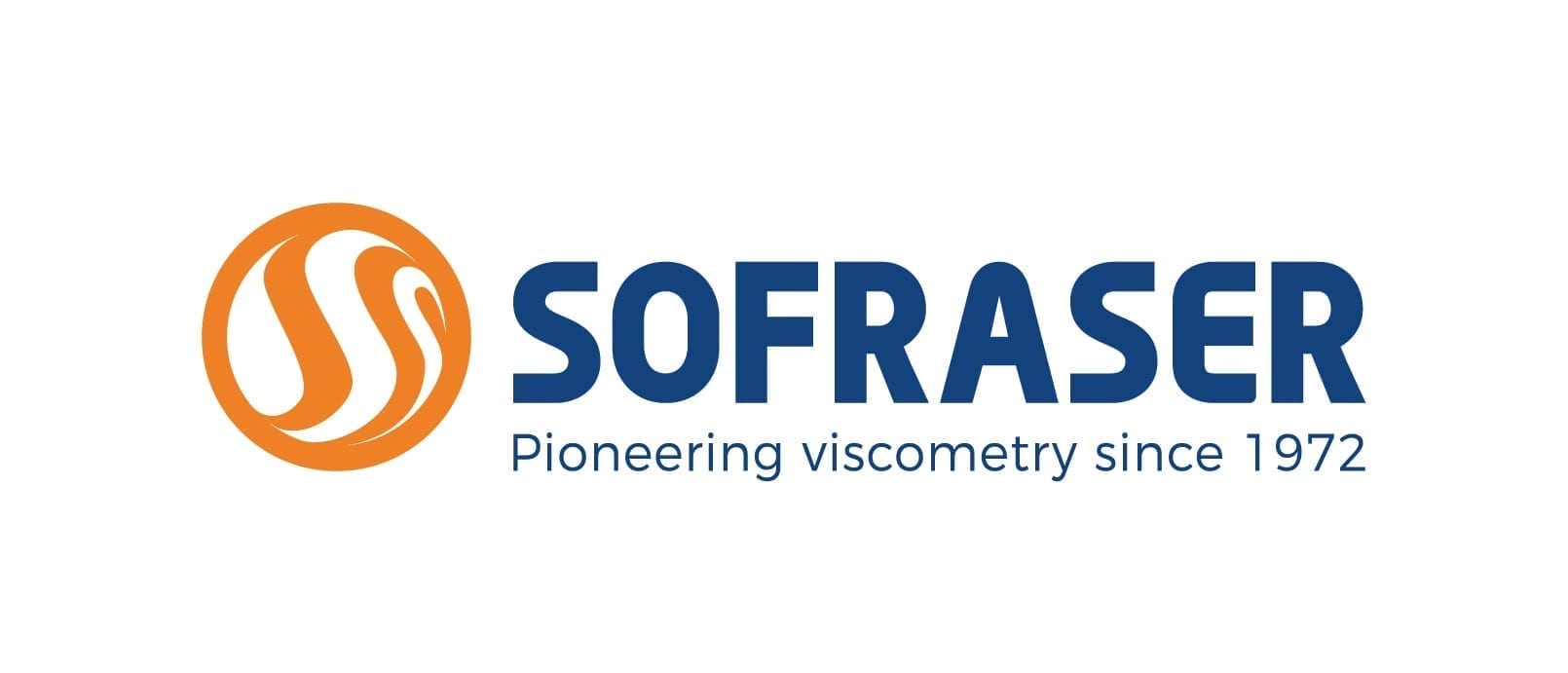The benefits of phenolic resin for wood

Today, many wood manufacturers supply their own plywood mills, producing tons of resin every year. Once produced, the resins are usually stored in huge tanks for a few days, then transported to the sites responsible for putting the material into product. There, the resins are used to impregnate various types of paper, cardboard, plywood and others. These paper products are destined for various markets, such as building materials, as well as for chemical and even aeronautical projects.
Viscosity and phenolic resin
Phenolic resins are specifically produced for paper sizing and impregnation applications. They are distinguished by their ideal characteristics, including outstanding strength and toughness, which make them particularly suitable for these uses. However, the production of phenolic resins is complex and presents considerable challenges due to the demanding reaction conditions required to obtain the final product. These rigorous conditions require precise control and in-depth technical expertise to guarantee the quality and performance of phenolic resins.
And its constraints…
This is because the various ingredients used in phenolic resin production come from different suppliers, and batches are never exactly the same. Each batch is first weighed before being mixed, then heated in a reactor to begin the production cycle.
Viscosity measurement plays a very important role in:
- Polymerization control
- Indirect moleculor weight monitoring
- Determination of the reaction end-point for optimal product specification
Moreover, the heating process involves clearly defined steps, with highly sensitive temperature and viscosity values that must be strictly adhered to. As the reaction process for this resin is exothermic, the contents of the reactor can continue to heat up even if the heating process is stopped. As the rate of reaction increases with temperature, there is a risk of the polymerization running out of control and the hardening of the reactor content. Thanks to its high sensitivity, the MIVI will detect this unexpected event at an early stage, enabling the operator to take appropriate action to avoid this manufacturing accident.
Sofraser viscometers for process control
The optimum solution to this problem is the MIVI viscometer. Its installation is safe and reliable, and reaction control becomes more precise thanks to temperature correlation. This device avoids the stresses associated with resin curing, a problem now solved by Sofraser technology. In addition, production stability and quality are improved, and production efficiency is considerably enhanced. Interruptions due to resin curing are eliminated, reducing production and sales losses.

Sofraser is committed to improving your process with this solution. Our experienced team is ready to answer all your questions about the instrument, its installation and after-sales service.


